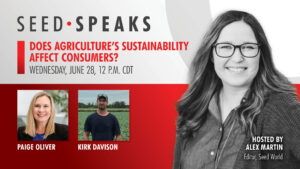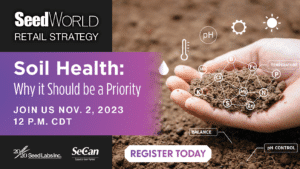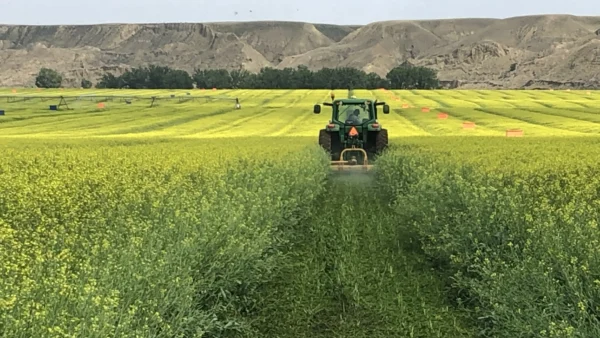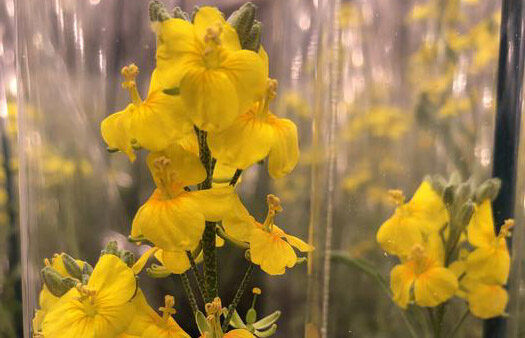While sustainability has become one of the biggest buzzwords in modern-day life, experts say there’s a lot more that goes on in agriculture concerning sustainability than they might realize.
The world isn’t just focused on “going green” anymore. Sustainability has entered the conversation, and while it’s one of the biggest buzzwords today, farmers and seed producers want the public to know they’re focused on creating longevity in our land, products and future.
That said, there might be some misunderstandings about sustainability in agriculture, says Kirk Davison, a potato, canola, rye, wheat and corn farmer in Manitoba, Canada.
“The general consumer, when they hear the word farmer, is going to have an image pop in their mind that is so disconnected from what is actually going on,” says Davison. “When people hear ‘farmer,’ they aren’t thinking of somebody whose business is spending millions upon millions of dollars [ensuring sustainability]. It’s kind of gotten lost that, yes, we’re getting some help with sustainability — but before [it became a big buzzword], we were looking after our soil very well.”
One of the biggest factors in helping consumers better understand what’s happening on-farm and in agribusinesses is to listen actively to what consumers are saying. By actively listening and participating in conversations, agribusinesses can help find the disconnect.
For Paige Oliver, that sometimes means consulting friends and family who aren’t actively involved in agriculture.
“With so many people I’ve talked to about sustainability, that word gets used so much it starts to lose its meaning,” says Oliver, global leader of seed product development operations in R&D for Corteva Agriscience. “They say they don’t really know what’s meant by it, because it’s on everything and it’s being talked about all the time. I found that interesting. It’s hard to discern the truth and it’s hard to discern the action when it comes to sustainability, so I ask consumers to dig into it.”
In digging in, Oliver believes consumers need to ask farmers directly to hear their perspectives to help understand what they’re doing on the farm. She also suggests looking at your favorite product, service or company’s sustainability report as a lot of information is shared there.
On Davison’s operation, he and his family are looking into several sustainability practices that they’re eager to share with the general population. These practices include zero till, cover cropping, grid sampling, strip tilling and more.
Davison says they also use programs in their combines and tractors that log everything they do in the field, from the different chemicals they’re using and their locations to the different populations to help build proper variable rate maps.
“We have people that measure, and we have data that says we aren’t depleting [the soil]. We aren’t using too much water,” Davison says. “It’s sort of these things that are environmentally based, and we’ve been doing that for years… All of those practices just to keep our soil growing, so that it grows a beautiful crop — not just on potato years — but every year.”
Oliver doesn’t see the trend of sustainability fading anytime soon.
“The need to protect our environment is something that’s going to stay,” she says. “The policies are going to be ever-changing. The farmer’s needs are also going to be ever-changing as they look at how they can continue to grow that sustainable food supply, whether it’s food, fuel or fiber to support the growing population.”
Plants have been using their own natural mechanisms to defend against insects, fungi and the changing climate since the beginning of time. Oliver believes seed companies are in a position to help those crops have better protection and improve their productivity.
“It’s really exciting the number of methods and approaches we’re working on to solve those real problems for farmers and society,” she says.
If there’s one thing to remember, though, Davison would say to keep in mind: farmers and businesses were already saving the planet before sustainability came in.
“I think what people think is that: OK, sustainability has come in, finally we’re going to get these farmers looking after the planet,” he says. “We’ve been looking after dirt for years and years.”












